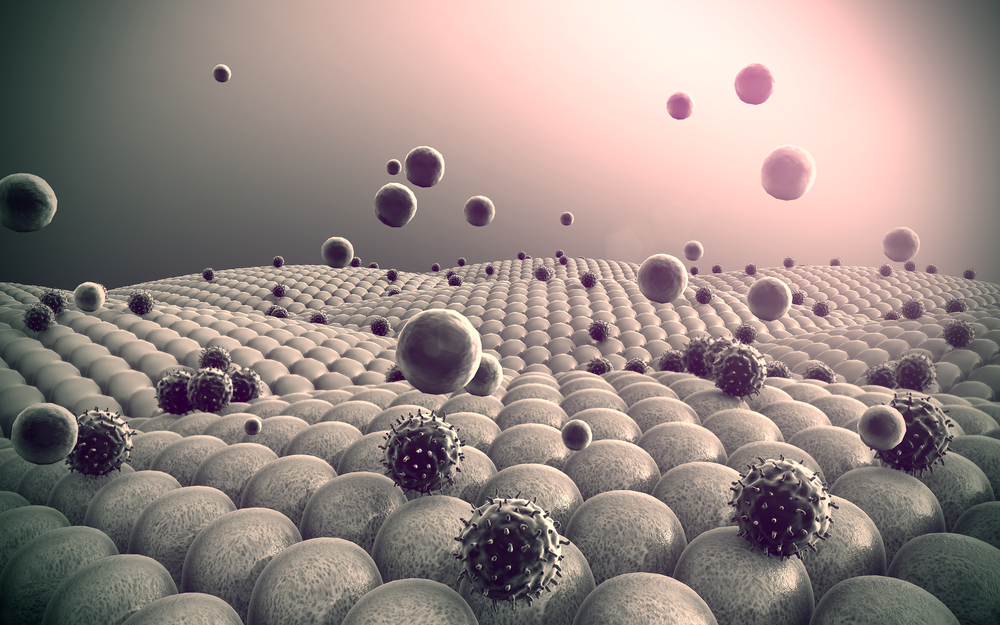 A new study published last week in the Developmental Cell journal offers new possibilities of therapy development for diseases such as colon cancer and diabetes mellitus. Senior author Nabil Djouder and his team from the Growth Factors, Nutrients and Cancer Group at the Spanish National Cancer Research Center (CNIO) looked at the activity of a novel protein, microspherule protein 1 (MCRS1), and its interaction with other proteins implicated in cancer cell survival and proliferation in response to excess of nutrients.
A new study published last week in the Developmental Cell journal offers new possibilities of therapy development for diseases such as colon cancer and diabetes mellitus. Senior author Nabil Djouder and his team from the Growth Factors, Nutrients and Cancer Group at the Spanish National Cancer Research Center (CNIO) looked at the activity of a novel protein, microspherule protein 1 (MCRS1), and its interaction with other proteins implicated in cancer cell survival and proliferation in response to excess of nutrients.
Mammalian/mechanistic Target of Rapamycin protein (mTOR) regulates essential processes in healthy individuals such as cell growth, proliferation and survival and protein synthesis. Nevertheless, its function is frequently pathologically exacerbated in cancer, and the interaction with various other proteins helps cancer cells survive and proliferate, ultimately harming the patient.
Researchers found a new protein, MCRS1, that activates mTOR in samples from patients with colon cancer, a process that only occurs when there is an excess of nutrients in the sample. More specifically, high concentrations of amino acids, the structural units that make up proteins, cause the activation of mTOR processes facilitated by MCRS1. The activation of the mTOR pathway has been studied by others and found to be associated with more aggressive cancers and worse prognosis.
These findings give new insights to the interaction between high caloric intake, sedentary lifestyle and obesity and cancer development. Obesity is considered by many doctors to be the epidemic of the 21st century in developed countries, and is found to be related to several diseases.
Besides colon cancer, other cancers and even metabolic diseases such as diabetes and diseases of the liver might be related to MCRS1 altered metabolism and hyperactivation of the mTOR pathway. These are already being looked into by the team at CNIO.
Although further studies are needed to ascertain the true role of the MCRS1 protein in several diseases, these data suggest it as an interesting target for therapy research. In the future, this interaction might be the key to a better and more directed colon cancer therapy with less adverse effects.


